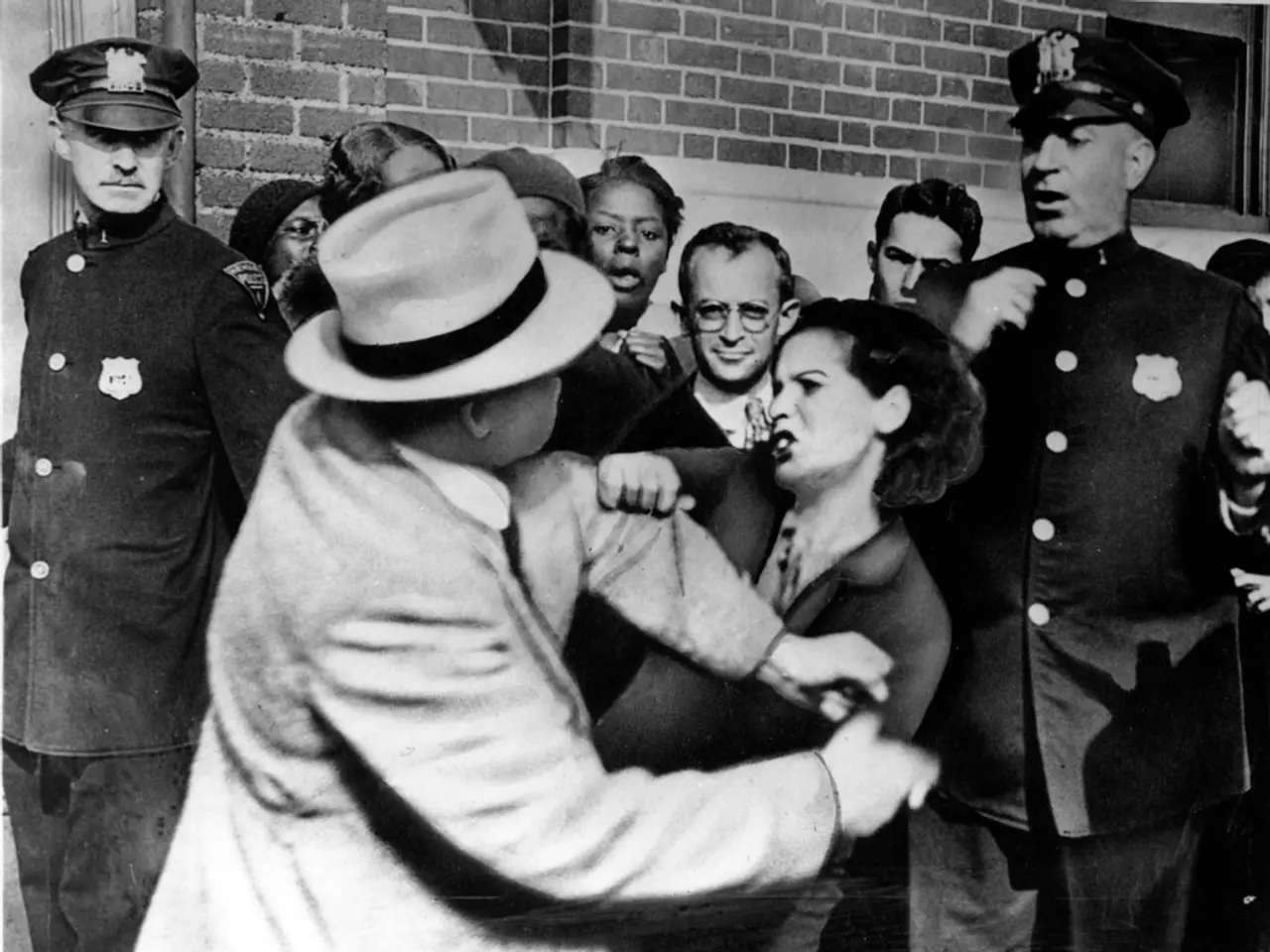Inquiry Concerning Softness: Fluffy?
In the world of tabletop gaming, the creation of an engaging and immersive experience is paramount. One game that has garnered significant attention is "Gaslands", a post-apocalyptic car combat game that has captivated players with its unique blend of action and strategy.
The creator of "Gaslands" spent a decade pondering how to make great products, and the result is a game that offers both creative freedom and a rich, immersive setting. But what are the benefits of setting a tabletop game in an existing fictional property, versus an original one?
Setting a game in an established fictional universe, such as Tolkien's, offers immediate recognition, a built-in audience, and established worldbuilding. Players are already familiar with the setting, characters, and lore, which can reduce the learning curve and increase interest. However, it also means that the game must adhere to existing lore and canon, which can limit creative freedom.
On the other hand, an original setting, like that of "Gaslands", provides complete creative control. With an original setting, you have the freedom to create a world, characters, and story elements that are unique and distinctive. This can differentiate your game from others and attract players looking for something new. However, creating an original setting requires more time and effort to develop the world, characters, and lore.
When it comes to "Gaslands", the game is set in an original fictional property, inspired by the 1970s. To efficiently write background material for such a game, the creator focused on core themes, simplified and streamlined the world's lore, re-used existing elements, engaged with the community, and iterated and refined the setting as the game developed. The result is a concise yet captivating background story that provides enough tension, conflict, and internal logic for car combat.
The "Gaslands" rulebook aims to "unlock" and "give permission" to players to explore their imaginations in a post-apocalyptic world, allowing them to tell stories inspired by films and video games like Mad Max, Death Race, and Fallout. The game's rulebook is a testament to efficiency, much like the Frostgrave rulebook, which achieves the same with background text.
The creator of "Gaslands" prefers writing games over writing fiction and does not have a primary objective of creating IP for other mediums, such as video games or novels. Instead, the goal is to create a super fun car combat tabletop gaming experience. The game's post-apocalyptic setting allows for a wide range of environments, from cyberpunk to Roman-era, for player imagination.
In conclusion, the creation of a successful tabletop game requires a balance between worldbuilding and creative freedom, and a focus on what enhances gameplay. By following these principles, the creator of "Gaslands" has managed to create a game that is both engaging and immersive, offering players a unique and captivating experience.
The post-apocalyptic setting of "Gaslands" provides complete creative control for the game, enabling players to tell their own stories inspired by films and video games like Mad Max, Death Race, and Fallout. This original setting, along with the game's efficient rulebook that unlocks and gives permission for player imagination, contributes to its unique entertainment value.








